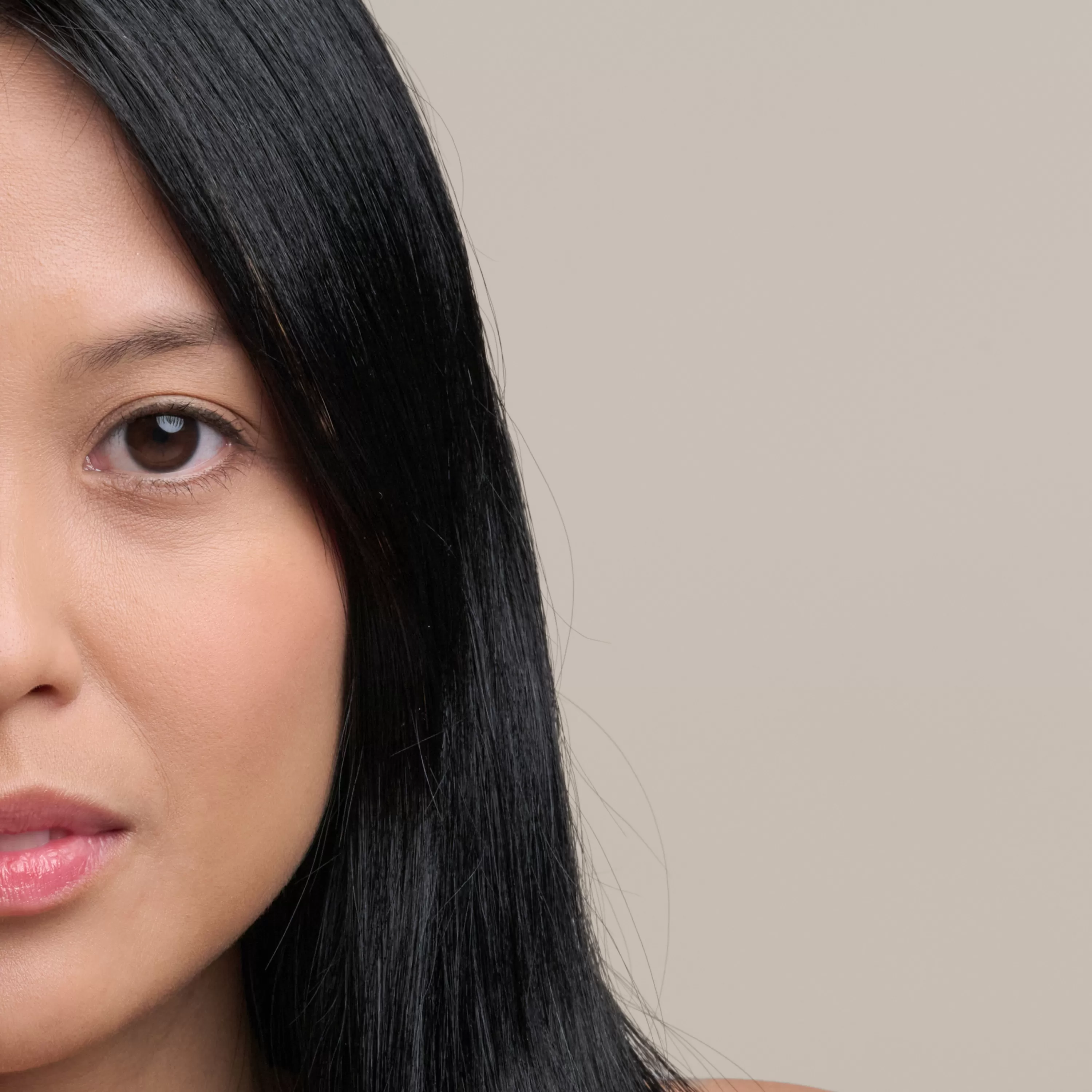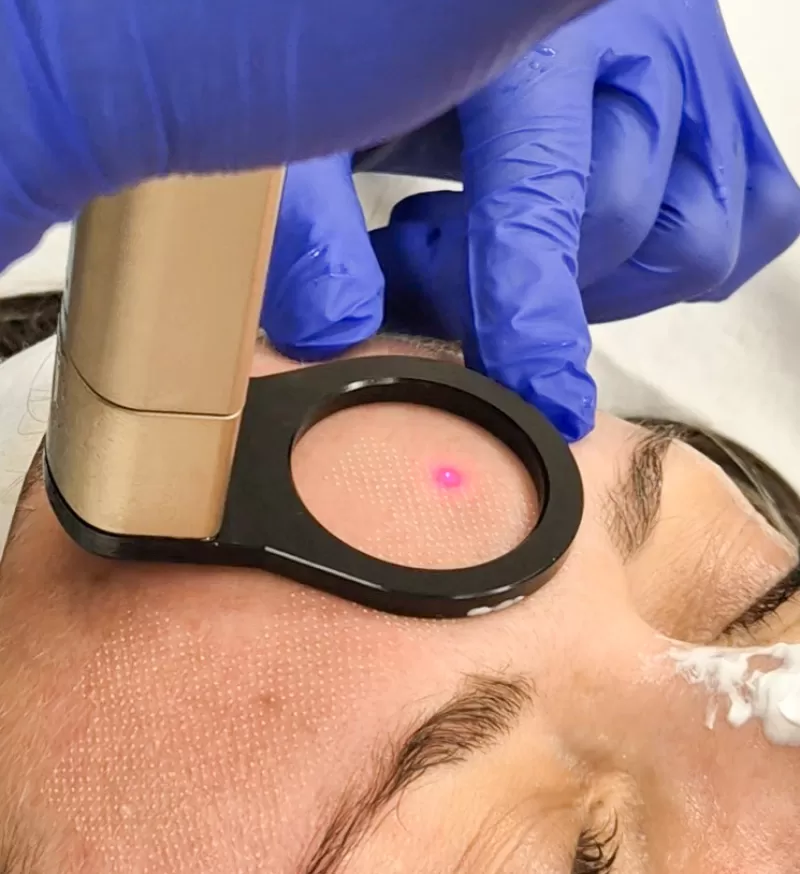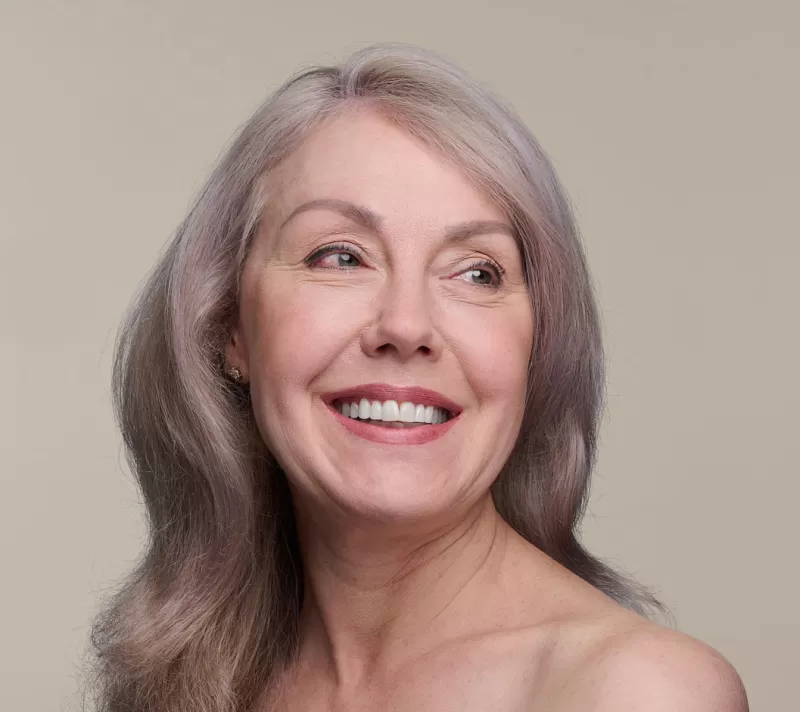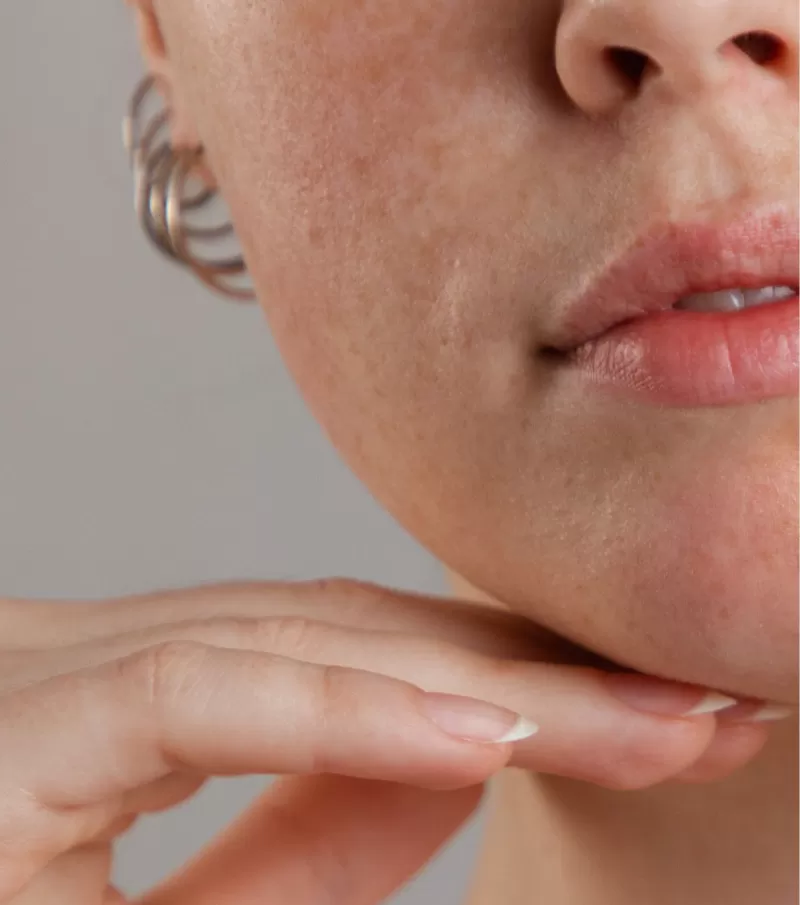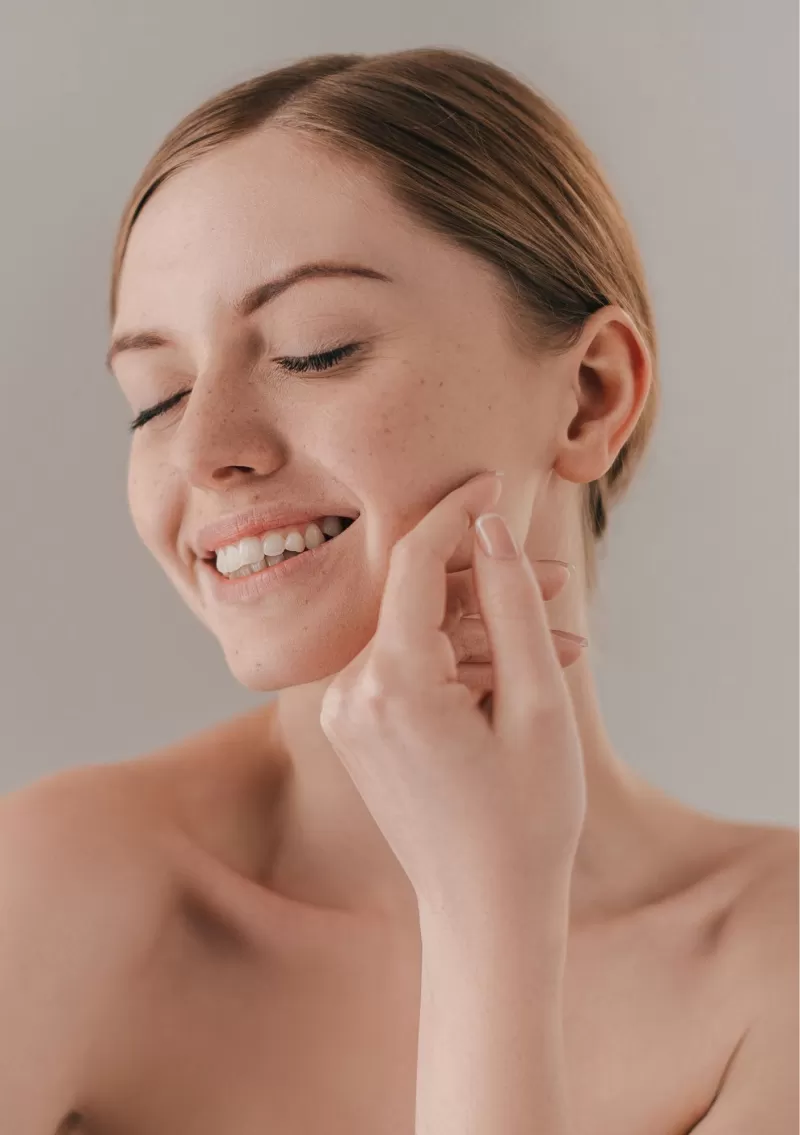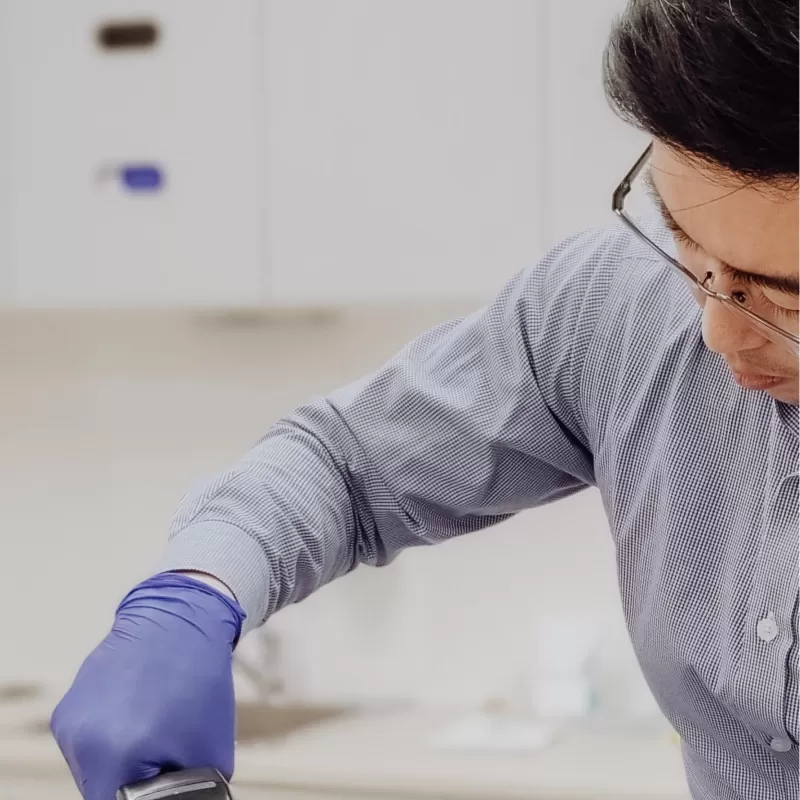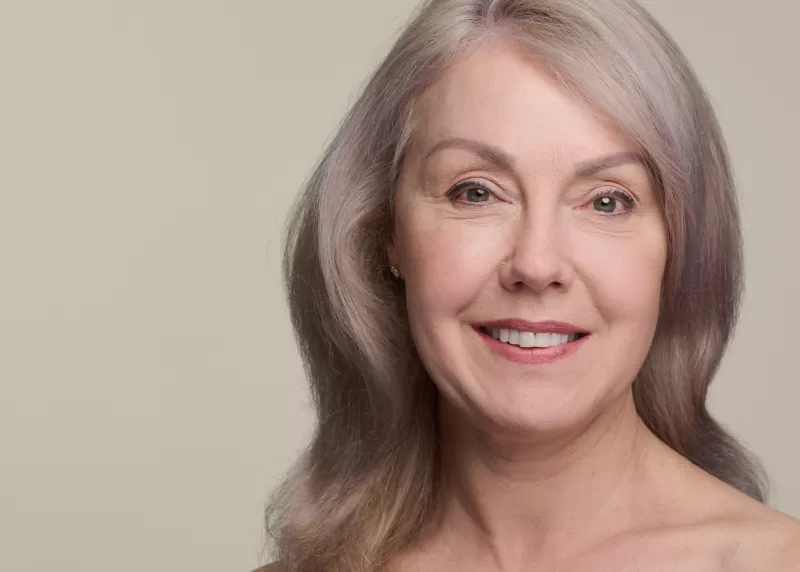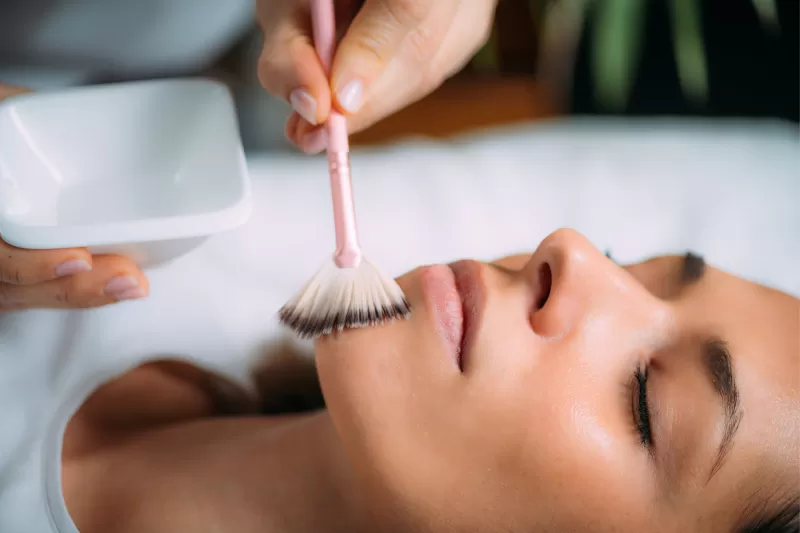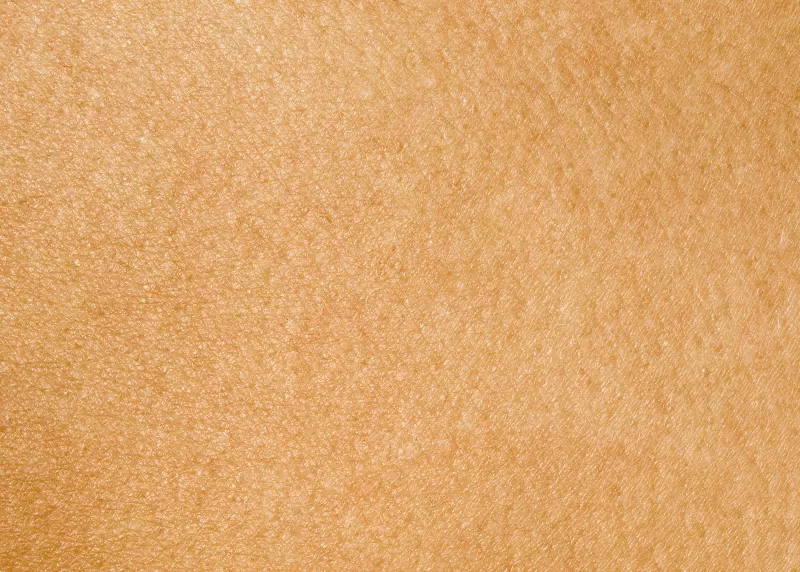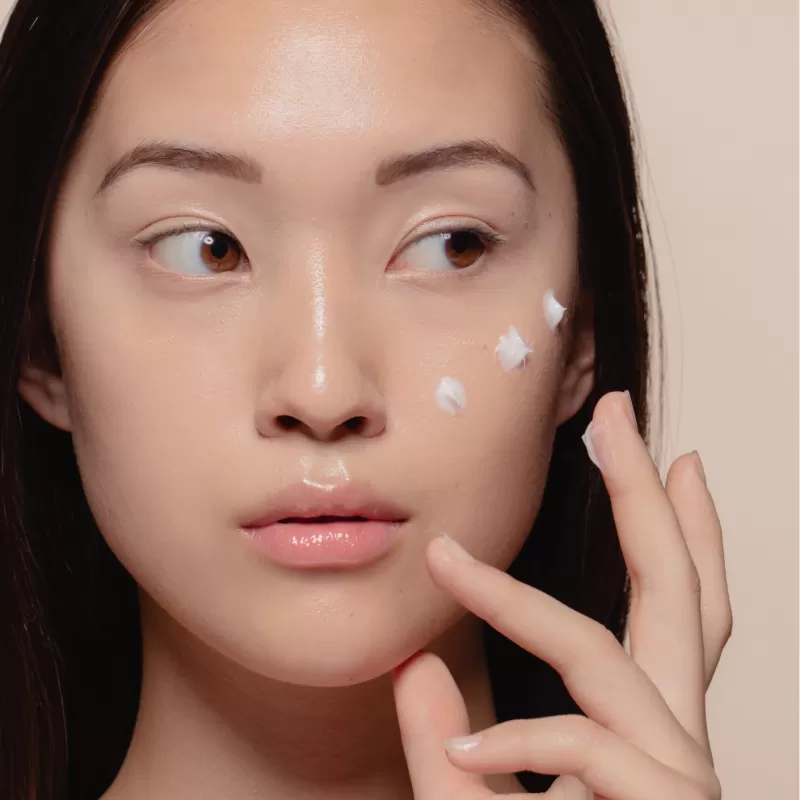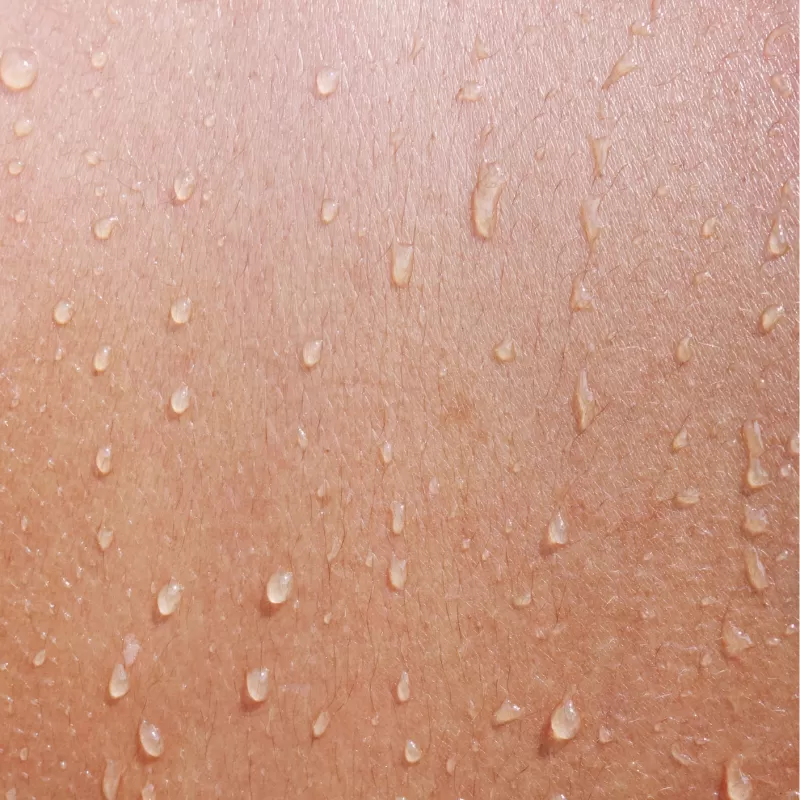Acne and Problematic Skin
Acne and Problematic Skin
Acne and Problematic Skin
Condition
Are you struggling with acne breakouts, congested and blemished skin? Our team here at the R Clinic have the knowledge and expertise to create a bespoke acne treatment, so you can reclaim back your clear complexion.
What is acne?
What is acne?
Acne is a common skin condition that occurs when the hair follicles or pores under the skin become clogged leading to outbreaks on the skin commonly known as pimples. While acne is a common skin disorder it doesn’t make it any less painful and outbreaks aren’t just skin deep, they can affect your self-esteem and self-confidence.
Acne can affect people of all ages; however, the good news is that with the right treatments, patience and persistence, you can achieve clearer skin.
What causes acne?
What causes acne?
In healthy skin, our sebaceous glands produce sebum (protective oil) for our skin. The sebum reaches our skin’s surface through our pores. When our skin is functioning well our skin produces the right amount of sebum and it is released onto our skin’s surface to protect our skin.
With acne affected skin, oil can become trapped inside the pore allowing bacteria to grow inside the pore. The pores become blocked, and acne can develop.
Hormones, family history, medications and age can contribute to and increase your chances of developing acne.
How can we help?
How can we help?
Our team of experienced doctors will work with you to find the best treatments for your acne condition. Starting with a comprehensive skin assessment we can provide a bespoke skin treatment plan for your needs. At the R Clinic no two acne treatments are the same, as a doctor led team with extensive knowledge of skin, skin conditions and pharmaceuticals, you can feel confident you are in capable and experienced hands.
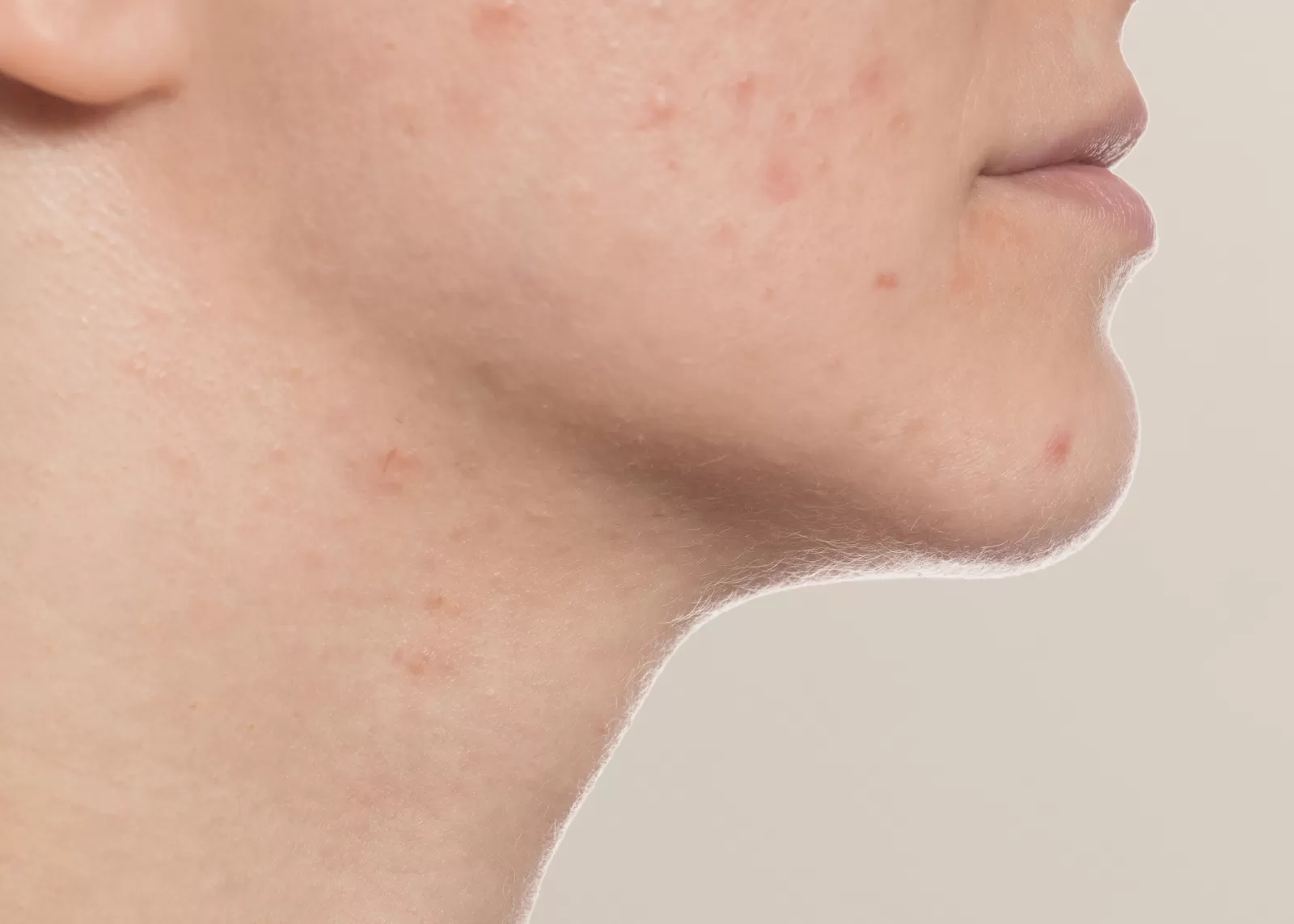
FAQ
Have further questions or want to learn more?
Who does acne affect?
Though it mainly affects teenagers and young adults undergoing hormonal changes, many people continue struggling with acne into their 20s, 30s and beyond. Some even develop acne for the first time as adults.
How severe can acne get?
Acne is rated by severity:
- Grade 1 (mild): mostly whiteheads and blackheads, with a few papules and pustules.
- Grade 2 (moderate, or pustular acne): multiple papules and pustules, mostly on your face.
- Grade 3 (moderately severe, or nodulocystic acne): numerous papules and pustules, along with occasionally inflamed nodules. Your back and chest may also be affected.
- Grade 4 (severe nodulocystic acne): numerous large, painful and inflamed pustules and nodules.
Does makeup make acne worse?
Makeup doesn’t necessarily cause acne, but it can impact it. If you suffer from acne, you don’t necessarily need to stop wearing makeup altogether. If you suspect your foundation is causing a problem, you might want to try switching to another brand or using a different type of makeup. Don’t forget about other products that may be getting on your face, shampoos, hairsprays or hair gels can be responsible for contributing to breakouts on your forehead and temples. The best thing to do is to look for brands and types of makeup and other cosmetic products that are labelled “noncomedogenic.” That means they won’t clog your pores!
How important is washing my face?
Having acne is rarely a result of an under washed face. In fact, many people with acne actually over-wash their face. Sometimes washing your face too much can make things worse. If you scrub too hard, you could aggravate your acne. Also, certain alcohol-based astringents could be drying your skin too much. With that being said, washing your face with water and a gentle cleanser every night is beneficial. However, most cases of acne require more than just keeping your face clean.
Can adults get acne?
Yes. Acne does not discriminate based on age. The reason that many teenagers get acne is because their condition is triggered by rising hormones of puberty. You may be experiencing adult acne from hormonal fluctuations due to pregnancy, menstrual cycles, or menopause. You can also develop acne as a side effect from certain hormone-containing medications like birth control and testosterone supplements or other medications like steroids or seizure medication. Some adult men and women will continue to produce acne simply because their genetics cause their pores to clog too easily.
When should I seek help for my acne?
If over-the-counter acne treatments and gentle face washing doesn’t work for you, it’s a good time to schedule an appointment with a skin expert. Cases of severe acne require a more aggressive treatment plan to prevent acne scars from occurring.
Are acne and rosacea the same thing?
No. The appearances of acne and rosacea can be very similar, but they are not the same skin condition. Rosacea tends to impact people in their 30s or 40s and beyond. Rosacea is more likely to produce a rose-colour look from redness, flushing, and broken blood vessels. You can get pimple-like bumps on the nose and cheeks, but they usually don’t come to a head and cannot be popped. If you are not sure which condition you are dealing with, our experienced team can help diagnose and treat your skin condition.
